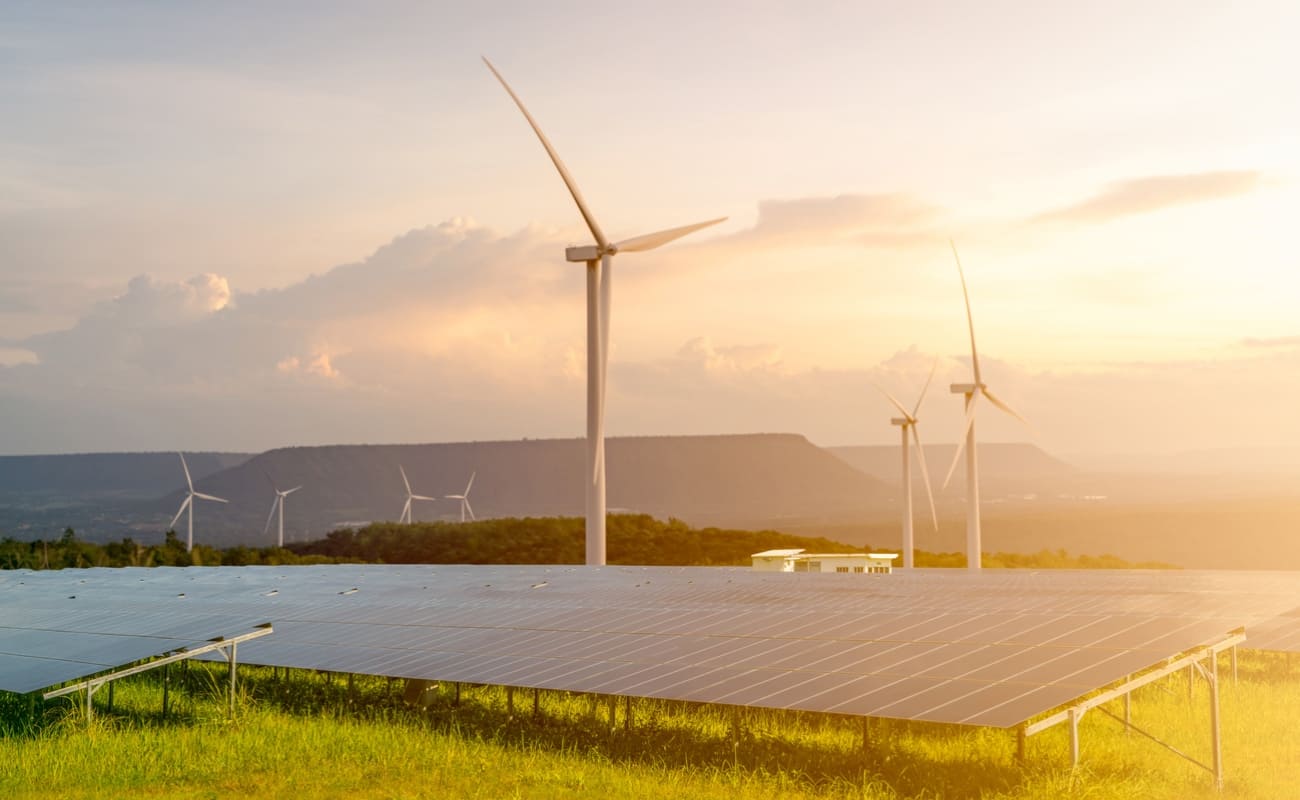
Copernicus Anthropogenic CO₂ Emissions Monitoring & Verification Support (CO2MVS) capacity
3.000.000€
Description
The main goal of this opportunity is to advance the ability to monitor and verify anthropogenic CO₂ emissions by developing new methods to estimate the impact of wildfires on vegetation and carbon fluxes. The focus is on improving understanding of how wildfires affect the carbon cycle and emissions due to land use changes. Projects should also enhance fire modeling to better account for the interactions between drought, fire, and vegetation, and refine estimates of emissions from fires, including chemical species and aerosols. Key areas include using observation-based datasets, improving models for vegetation and fire, and supporting applications such as air quality, fire risk forecasting, and carbon flux assessments. The geographic scope is not specified.
Admissible Projects
- Projects must follow the page and layout requirements of the Horizon Europe Application Form.
- Proposals should use satellite-based earth observation, positioning, navigation, and/or related timing data and services, with a focus on Copernicus and/or Galileo/EGNOS.
- Applicants must be from eligible countries as described in the Horizon Europe guidelines.
- The Joint Research Centre (JRC) may be included as a consortium member.
- Where relevant, projects should address gender considerations in research and innovation.
Example projects:
- Developing a new satellite-based tool to track wildfire impacts on European forests and their carbon storage.
- Improving fire risk models that use Copernicus data to forecast wildfire likelihood during drought periods.
- Creating a platform that refines estimates of air pollutants from wildfires using both Copernicus and Galileo data.
Eligible Expenses
- Personnel costs for research and technical staff
- Costs for purchasing or accessing satellite data
- Software and modeling tools related to fire and vegetation analysis
- Travel and subsistence for project meetings and fieldwork
- Equipment for data collection or validation
- Subcontracting for specialized services
- Dissemination and communication activities
- Project management and coordination costs
- Costs for integrating gender dimension, if relevant
All eligible expenses are covered as a lump sum. Specific limits or restrictions may apply as outlined in the Horizon Europe lump sum guidelines.
Financial Information
- Budget for this Call: 3,000,000€
- Number of Grants attributed: 1
- Maximum value per project: 3,000,000€
- Minimum value per project: 3,000,000€
Eligibility Criteria
- Applicants must be from countries eligible under Horizon Europe rules.
- Projects must use Copernicus and/or Galileo/EGNOS satellite-based data and services.
- Other data sources may be included but are not mandatory.
- Applicants from non-EU or non-Associated Countries may need to meet additional provisions to receive funding.
- The Joint Research Centre (JRC) can join as a consortium partner.
- Proposals must follow the official application format and guidelines.
- Addressing the gender dimension in research is encouraged where relevant.
Get matched with our experts

Need help applying?
Copernicus Anthropogenic CO₂ Emissions Monitoring & Verification Support (CO2MVS) capacity
5
Specialized Consultants
SMART Application Package

Initial meeting to confirm eligibility.
Connection with the best specialized consultant for the incentive and industry.
Complete management and submission of application.
Timeline
May 22, 2025
Opening of Applications
The date when applications for the opportunity open.
Sept. 25, 2025
Deadline for Submission
The date when applications for the opportunity close.
May 22, 2025
Opening of Applications
The date when applications for the opportunity open.
Sept. 25, 2025
Deadline for Submission
The date when applications for the opportunity close.
